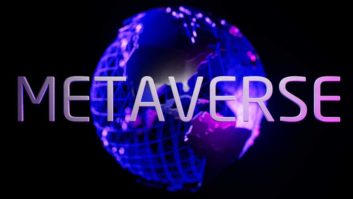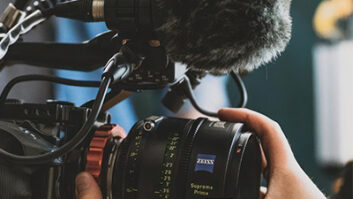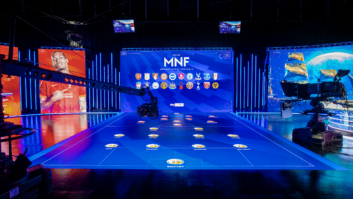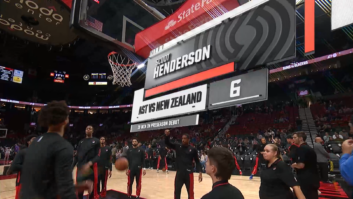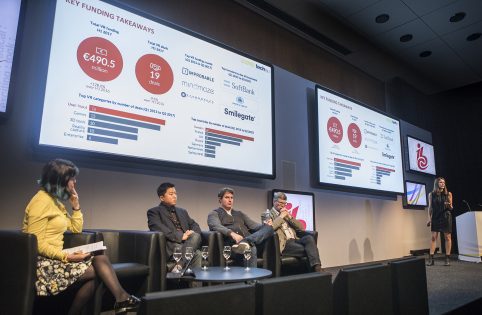
There’s a huge amount of investment going into VR, AR and MR in terms of content creativity and hardware. But panellists at IBC’s ‘Leaving the Hype Behind’ session agreed that there was still some way to go.
Ed Tang, founder and CTO at Avegant, the business behind the Glyph headset and technology, said that as exciting as the industry is today, in reality it is at the same stage of development as the very early Motorola ‘brick’ mobile phones. “But we are moving very rapidly forward.”
That progress was demonstrated in a powerful presentation by Leen Segers, who told delegates that some €490 million investment cash
had been raised in the past year, and that there were 487 companies in Europe working in the VR/AR/MR space. “And it isn’t just start-ups.
Players such as Barco and Zeiss are extremely active, as are studios, media, education, distribution, gaming, social media, sport and healthcare as well as high-profile hardware producers.”
Seger admitted there were problems, not helped by low penetration and fragmented distribution. She demonstrated the number of keystrokes needed to get to content on some apps, and also said that for some consumers, getting the hardware to link with content was a challenge.
“Things are getting better. And 360º is totally underestimated, and super-interesting.” Sky VR’s technical director Richard Mills showcased its Rebel Queen production, which took Sky’s creatives into Egypt for a comprehensive look at Queen Nefertiti, and which won a ‘Commendation’ at this year’s Venice Biennale.
“It’s part game, part discovery, but with a strong sense of involvement and empowerment for the user.”
LittlStar CEO Tony Mugavero drew attention to his company’s impressive list of clients, major Hollywood studios and international broadcasters,
each of them investing in VR/AR and MR. LittlStar now has its own distribution arm where, he stressed, user analytics are a key component.
